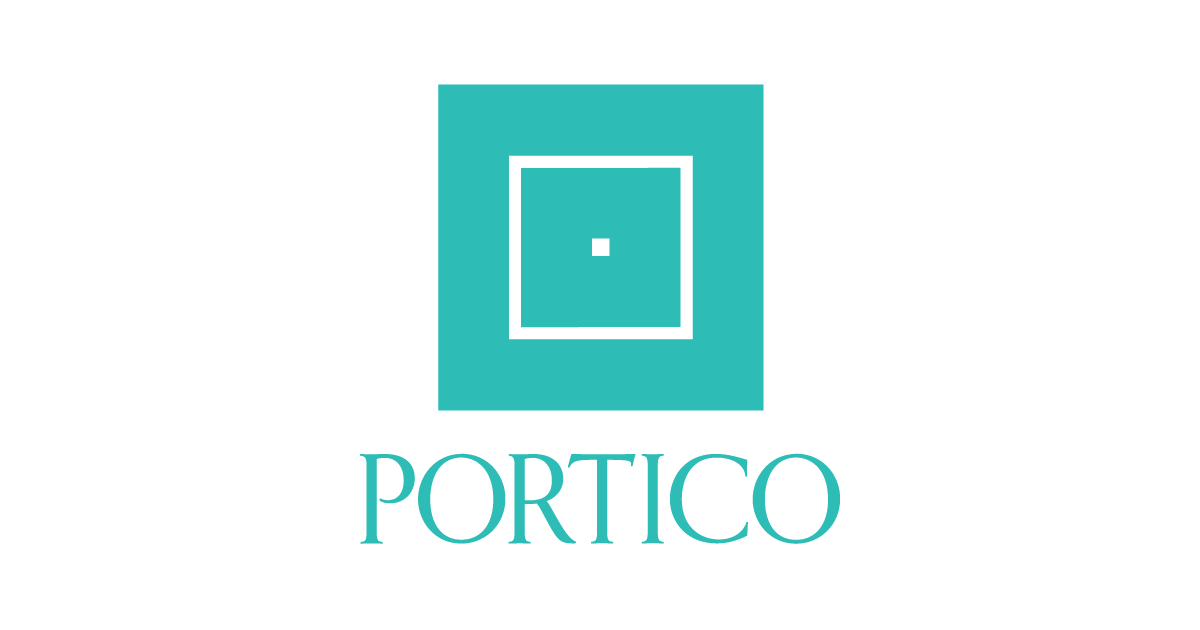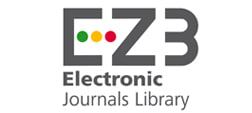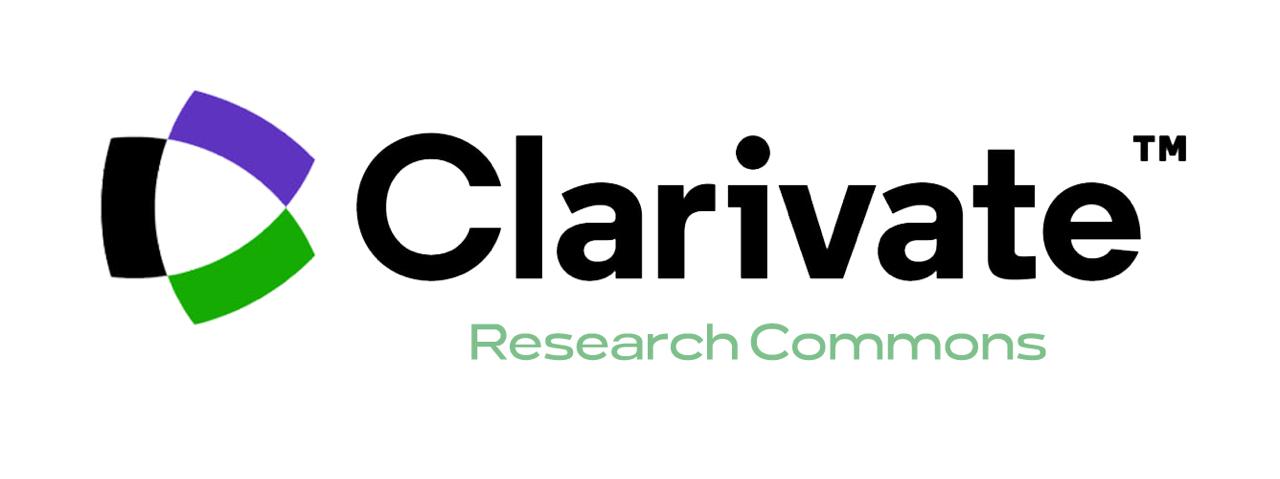Abstract
Food poisoning caused by foodborne microorganisms is a significant public health concern. This study aims to investigate the impact of several nutritional and environmental parameters on the growth of Escherichia coli, Bacillus subtilis, Staphylococcus aureus, and Streptococc pyogenes in both model systems and food. The specific impact of temperature, pH, and UV light stress on pathogens.Applying physical stress on microorganisms is a standard method to induce cell inactivation and promote food stability.This study found that the optimal temperature for the growth of these pathogens is between 30°C and 50°C. No growth was observed beyond 50°C, indicating temperature sensitivity; low temperatures between -20°C and 4°C did not allow bacterial growth within 24 hours. The pH study demonstrated that these pathogens grow best at pH 7, indicating the importance of environmental pH conditions for bacterial proliferation. Moreover, exposure to UV light led to significant bacterial cell death and DNA damage, highlighting the potential of UV light as a microbial control method. These findings help understand how physiological stress factors impact the growth and survival of foodborne pathogens, providing insights into food safety and public health strategies.
Recommended Citation
Agha, Hassan; Sanaalla, Ahmed Bashir; Abdulsamad, Muhanad Abdullah Salim; Salhi, Maroua abderrahmane; Mohammad, Ghada Abdu-Razzaq; and Allaq, Abdulmutalib Alabeed Alkamil
(2024),
Impact of Some Parameters on the Survival and Proliferation of Foodborne Pathogens: Escherichia coli, Bacillus subtilis, Staphylococcus aureus, and Streptococcus pyogenes,
AUIQ Complementary Biological System: Vol. 1:
Iss.
1, 70-76.
DOI: https://doi.org/10.70176/3007-973X.1007
Available at:
https://acbs.alayen.edu.iq/journal/vol1/iss1/8
Digital Object Identifier (DOI)
10.70176/3007-973X.1007




















Follow us: